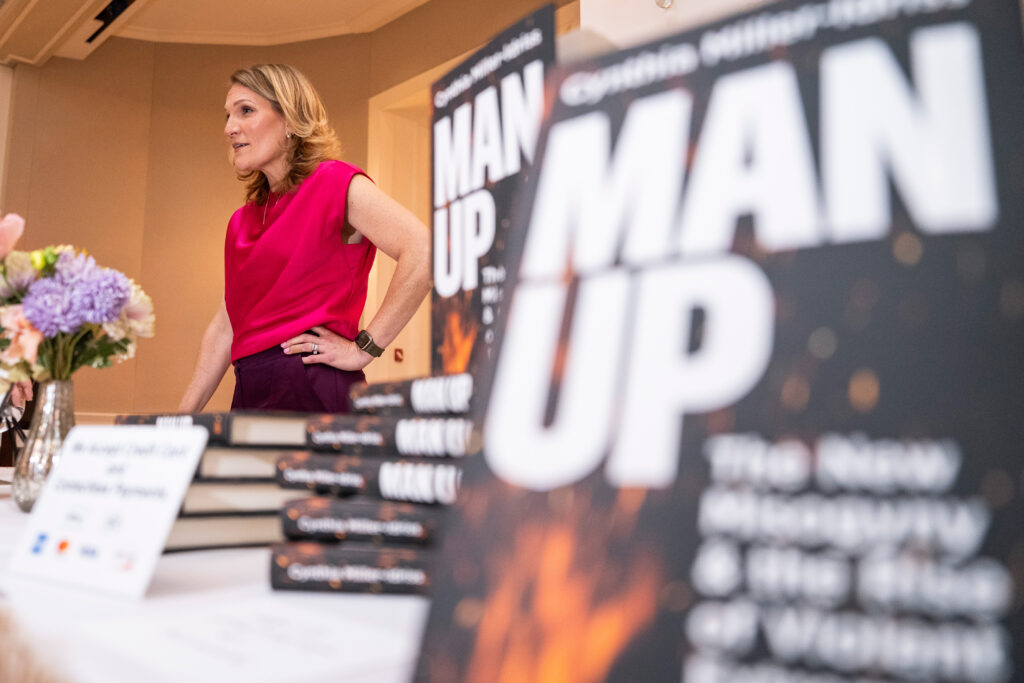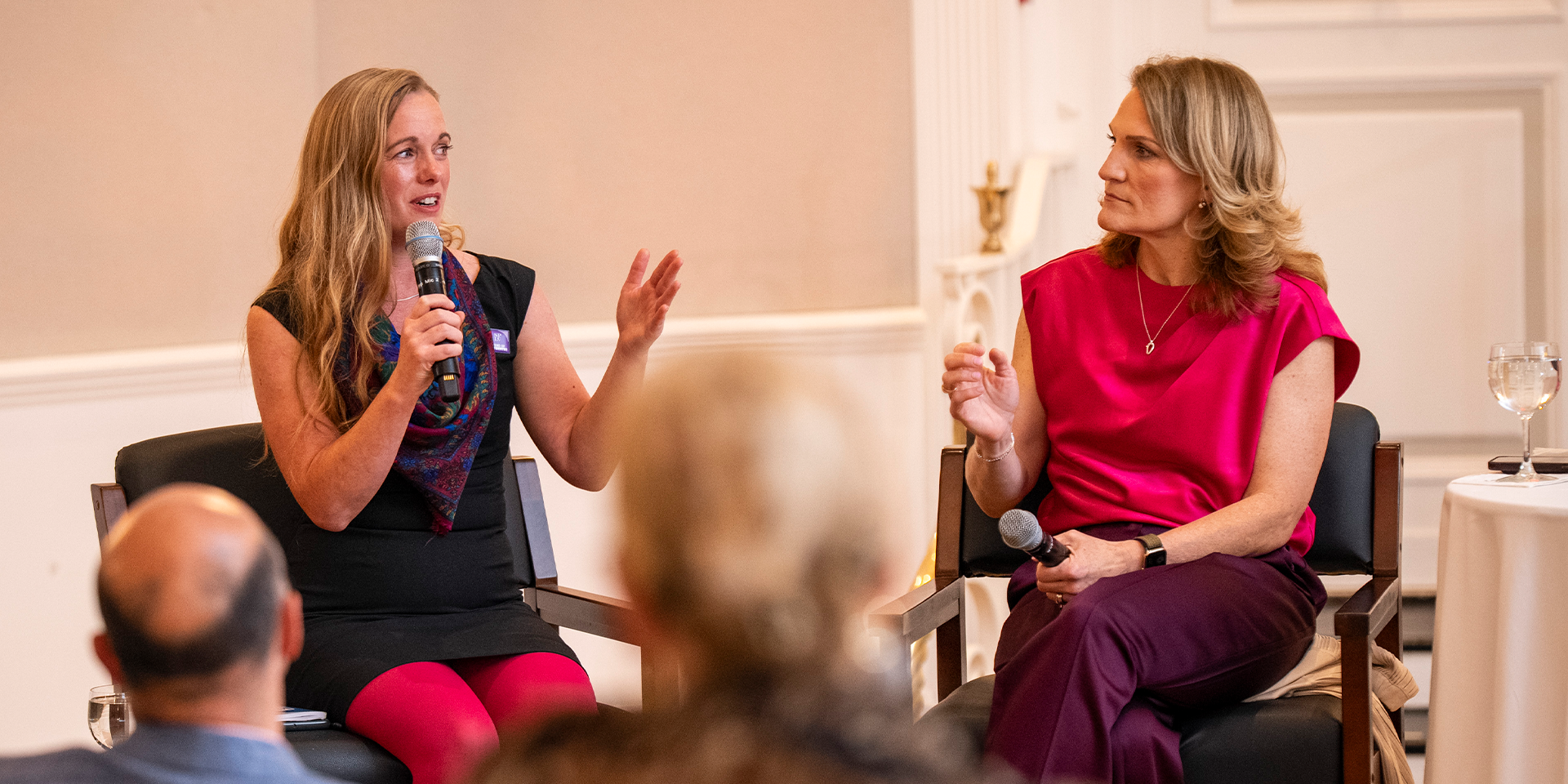A collaborative global effort to prevent the spread of white supremacy — while protecting freedom of speech — is essential. That’s why the Southern Poverty Law Center is working to encourage the United Nations to do more.
A Sept. 9 side event during the opening week of the U.N. General Assembly session featured Rachel Carroll Rivas, the SPLC’s interim Intelligence Project director; Cynthia Miller-Idriss, who leads American University’s Polarization and Extremism Research and Innovation Lab (PERIL); and Mark Greene, co-founder of the organization Walking Talking Men.
The three leaders were in conversation about Miller-Idriss’ new book, Man Up! The New Misogyny and the Rise of Violent Extremism, which details how a surge in misogyny is fueling the rise in far-right violence around the world.

A recent Netflix drama, Adolescence, frighteningly but accurately illustrated how young white men and boys are drawn in and indoctrinated into the dark world of violent misogyny and other ideologies of hate through online platforms such as multiplayer gaming.
This is not a new phenomenon. The purveyors of such ideologies have been using the internet almost since its invention to radicalize mostly young white men to hate women, Black people, immigrants and others who aren’t like themselves. As Miller-Idriss’ new book shows, indoctrinating young white men to extreme misogyny is a gateway to white male supremacy.
The SPLC has been partnering with PERIL for the last several years to develop, pilot and validate tools that are proving effective in preventing such indoctrination. Our guides provide parents, educators and others in the community who closely interact with youth the tools to help them recognize the early signs of radicalization and to effectively intervene before it’s too late. We are also currently piloting two “CARE Centers,” which take a public health approach, to provide direct resources for communities combating extremism in their midst.
While measures like these are indeed promising, they can’t truly succeed, in isolation, at the scale required to stem the tide of white male supremacy. Since 9/11, the U.S. and the world have approached the need to address extremism (still widely viewed as stemming from Islamic religious fanaticism) as a problem of law enforcement and infrastructure. We expend vast resources on hardening schools, airports, government facilities and other infrastructure to thwart violent attacks, and on law enforcement response to attacks after they happen. But relatively little effort or resources have been devoted to preventing rampant online radicalization to ideologies of hate and extremism — especially white supremacy.
During the last several months, we have been in conversation with U.N. human rights officials and some U.N. member state representatives about the need to establish an expert mechanism to help countries join together to combat the toxic spread of white supremacy and other ideologies of hate. Over the next year, we will continue to advocate for its creation with members of the U.N. Human Rights Council.
Lisa Borden is the deputy director, federal policy at the SPLC.
Image at top: Rachel Carroll Rivas (left), the SPLC’s interim Intelligence Project director, and Cynthia Miller-Idriss, head of American University’s Polarization and Extremism Research and Innovation Lab, speak at a side event held Sept. 9, 2025, during the opening week of the U.N. General Assembly in New York. (Credit: Christian Monterrosa)



